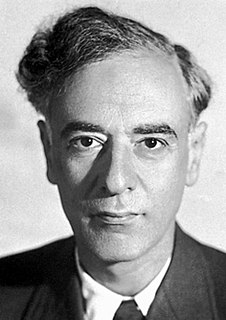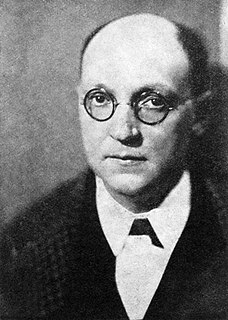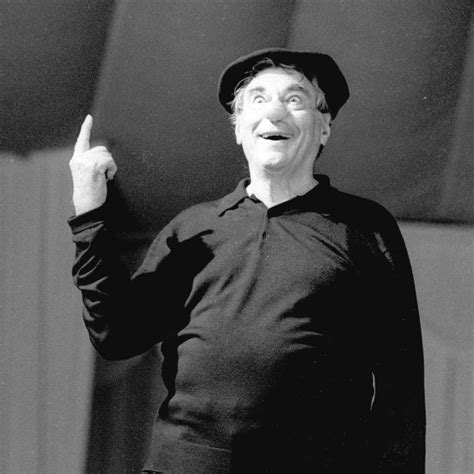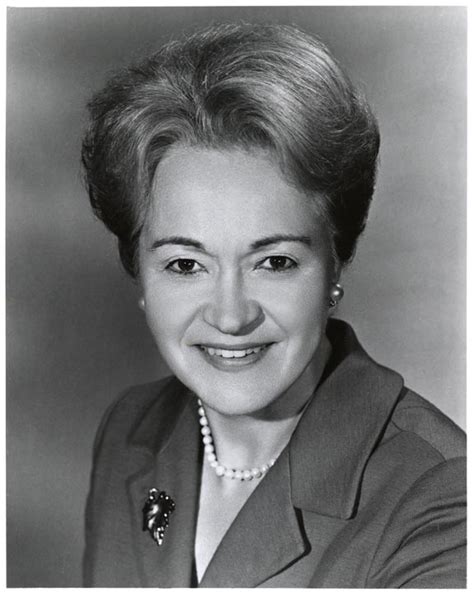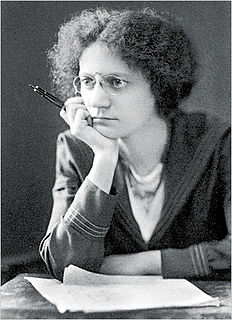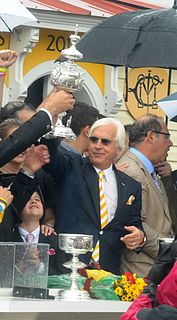A Quote by Lev Landau
Related Quotes
What should we think of someone who never admits error, never entertains doubt but adheres unflinchingly to the same ideas all his life, regardless of new evidence? Doubt and skepticism are signs of rationality. When we are too certain of our opinions, we run the risk of ignoring any evidence that conflicts with our views. It is doubt that shows we are still thinking, still willing to reexamine hardened beliefs when confronted with new facts and new evidence.
As soon as we ask what faith is and what sort of mistreatment of faith causes doubt, we are led to the first major misconception about doubt-the idea that doubt is always wrong because it is the opposite of faith and the same thing as unbelief. What this error leads to is a view of faith that is unrealistic and a view of doubt that is unfair.
Take faith, for example. For many people in our world, the opposite of faith is doubt. The goal, then, within this understanding, is to eliminate doubt. But faith and doubt aren't opposites. Doubt is often a sign that your faith has a pulse, that it's alive and well and exploring and searching. Faith and doubt aren't opposites, they are, it turns out, excellent dance partners.
Error is a supposition that pleasure and pain, that intelligence, substance, life, are existent in matter. Error is neither Mind nor one of Mind's faculties. Error is the contradiction of Truth. Error is a belief without understanding. Error is unreal because untrue. It is that which stemma to be and is not. If error were true, its truth would be error, and we should have a self-evident absurdity -namely, erroneous truth. Thus we should continue to lose the standard of Truth.
The registering of doubts hath two excellent uses: the one, that it saveth philosophy from errors and falsehoods; when that which is not fully appearing is not collected into assertion, whereby error might draw error, but reserved in doubt: the other, that the entry of doubts are as so many
suckers or sponges to draw use of knowledge; insomuch as that which, if doubts had not preceded, a man should never have advised, but passed it over without note, by the suggestion and solicitation of doubts, is made to be attended and applied.
Doubt is a profound and effective spiritual motivation. Without doubt, no truism is transcended, no new knowledge found, no expansion of the imagination possible. Doubt is unsettling to the ego and those who are drawn to ideologies that promise the dispelling of doubt by preferring certainties never grow.
